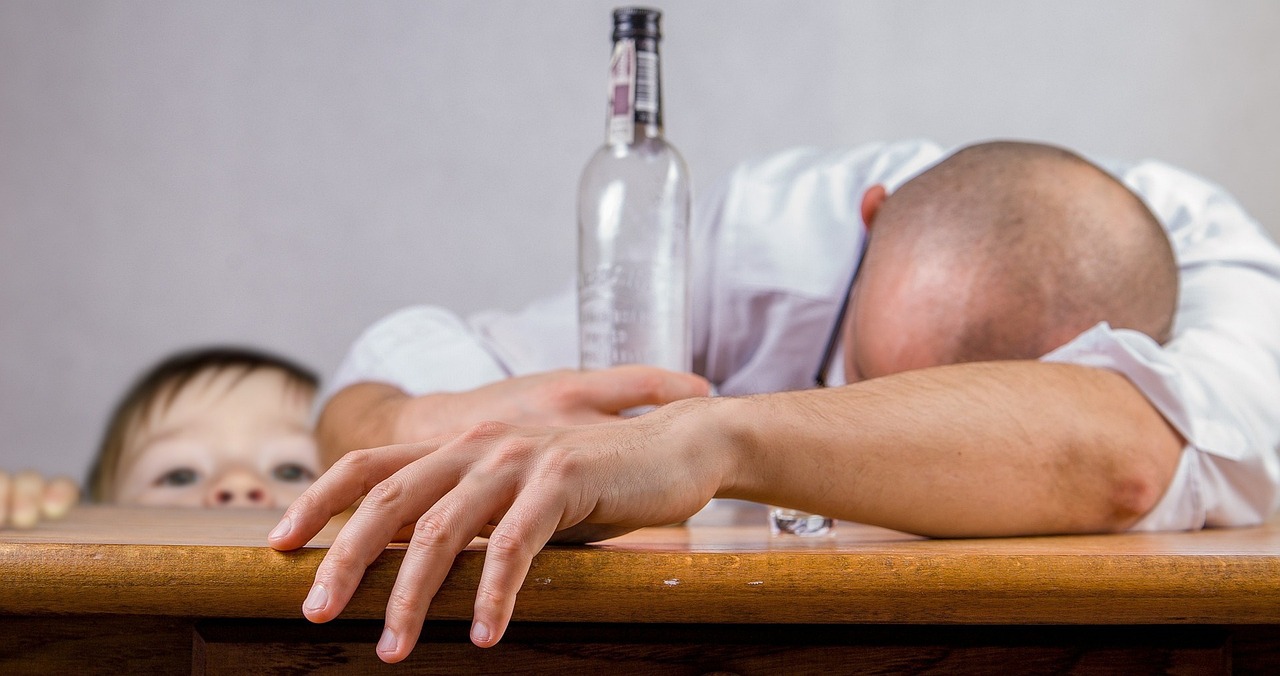What is Addiction?
Addiction is a disease that is characterized by a variety of harmful conditions and behaviors. Recognizing these signs can assist a person suffering from addiction in receiving the necessary treatment. A person suffering from a substance use disorder has difficulty controlling their use of a specific substance and continue to use a substance or engage in addictive behavior despite being aware of the harm it can cause or when clear evidence of harm is evident. Despite expressing a desire to quit, the individual may be unable to stop using the addictive substance or engaging in the addictive behavior.
Physical Addictions
People are usually more aware about physical addictions, compared to behavioral addictions. These are addictions to substances that are ingested or otherwise put into a person’s body. Some common physical addictions include:
- Alcohol
- Tobacco
- Opioids
- Prescription drugs
- Cocaine
- Marijuana
- Amphetamines
- Hallucinogens
- Inhalants
- PCP
Physical addictions can generally be grouped into three categories: alcohol, illicit drugs, and prescription drugs.
- Alcohol addiction is arguably among the most common. It manifests in the form of alcohol dependency, binge drinking, or regular heavy drinking. Alcohol addiction often starts with social drinking and then progresses further and further until it converts into an unbreakable addiction.
- Illicit drug addiction is an addiction to illegal substances that cause short-term disruptions in the brain resulting in an altered perception of reality. Illegal drugs cause long-term changes to the brain and other organs, leading to severe addiction.
- Prescription drug addiction is using approved medications in any way that has not been prescribed by a doctor. This is becoming increasingly problematic in the United States today.
Behavioral Addictions
Behavioral addiction is classified as any time that one loses control of their actions in order to engage in behaviors that result in brief feelings of happiness. Individuals become dependent on the pleasurable feelings which are a result of certain behaviors and begin to compulsively act on that behavior.
Some common behavioral addictions include:
- Food Addiction
- Sex Addiction
- Internet Addiction
- Pornography Addiction
- Using computers and/or cell phones
- Video Game Addiction
- Work Addiction
- Exercise Addiction
- Spiritual obsession (not to be confused with religious devotion)
- Seeking pain
- Cutting
- Shopping Addiction
- Exercise
- Gambling Addiction
Symptoms of Addictions
The signs and symptoms of substance use disorder vary depending on the individual, the substance or behavior being abused, the individual’s family background, and their situation.
Physical Symptoms
- Withdrawal Symptoms
- Appetite Changes
- Damage or Disease
- Sleeplessness
- Change in Appearance
- Increasing tolerance
Psychological Symptoms
- Failure to stop using
- Continued use even after serious health issues
- Using to deal with problems
- Obsession
- Taking risks to fulfill the addiction
- Taking large doses
Social Symptoms
- Sacrificing activities for addiction
- Maintaining a good supply
- Secrecy and isolation
- Denial
- Legal Issues
- Financial Difficulties
Causes of Addiction
Some common causes of addictions have been observed across people suffering from different kinds of addictions:
- Past trauma and unresolved mental health issues
- Environmental and social factors
- Genetic disposition
- Physical dependence
Treatment of Addictions
- Medication: Numerous medicines are available to reduce drug cravings and alleviate severe withdrawal effects. Drugs like buprenorphine and methadone, for example, keep severe withdrawal symptoms at bay without producing the same high.
- Treatment plans: People that are suffering from substance use disorders must be able to detox from the addictive substance in a safe and timely manner. This may entail a stay in a hospital or treatment center to manage withdrawal symptoms, which, depending on the substance, might be quite severe. They usually require a drug-free atmosphere and provide person, group, or family counseling.
- Therapy: Therapy, either on its own or as part of a treatment program, can help you recognize and understand your addiction and learn strategies to break the cycle.
